While influencer marketing is growing rapidly, many marketers stay skeptical: PPC ads are much easier to measure, control, and optimize.
However, influencer marketing and social media ads have their place: the preference depends on the goal, product, target group, and marketing strategy. Let’s review the advantages of both advertising options!
What is influencer marketing?
Influencer marketing is a type of marketing where brands collaborate with opinion leaders or social media users with a significant number of followers to promote their products and services.
Regarding social media and content marketing, influencer marketing relies on influencers’ recommendations and, therefore, is leveraging word-of-mouth marketing.
Advantages of influencer marketing
- More reliable than traditional advertising
People trust other people more than traditional advertising. Friends, family, opinion leaders, and even strangers on the internet: 79% of consumers trust product reviews on the internet as much as recommendations from friends and family!
Moreover, if the influencer has built a strong community around them, they have a strong relationship with their followers. Thus, when they share their honest product feedback feedback about a product or service, their fans believe them.
It’s also a two-way communication: followers can immediately ask the creator clarifying questions or specific product recommendations, which influencers are usually happy to share.
- Reaching a niche target group
Usually, influencers share content about a specific topic: is it cooking, fitness, or self-development. So naturally, their followers are also looking for product recommendations in that field!
Using an influencer search tool you can find influencers in a specific niche using an influencer search tool. For example, if a food brand launches a vegan product line, it makes perfect sense to work with a vegan recipe influencer – their followers are eager to learn about new vegan products on the market and how to use them!
Influencer marketing can be a great way to reach a niche target group – especially in cases where the Google search volume is low, and Facebook targeting is not precise enough.
- Good impact on the brand image
It’s no surprise that social media is shaping trends. Many influencers are trendsetters: what they wear, where they go, and what they consume is trendy.
The influencer’s reputation, messages, and values are inadvertently associated with the brands they collaborate with. Therefore, working with a well-chosen influencer also positively affects the brand image.
- Content for the brand’s social media and ads
Creating attractive, scroll-stopping, and professional content is one of the superpowers of influencers. As they do it daily, they know exactly what works on social media.
Moreover, in this age of technology, various social media automation platforms are available to ensure that your business visibility, awareness, and global reach are extended drastically.
If agreed so, the brand can leverage influencer-generated content on its channels – as it’s authentic and trendy, it frequently works better than professionally produced content. Not to mention it’s significantly more affordable than organizing photoshoots yourself!
Also, influencer-generated content works wonders in paid ads. According to Meta, ads with ICG have 53% higher click-through rates than ads with business-as-usual visuals.
- Avoid ad blockers
Much has been talked about the disappearance of banner advertising due to the increasing use of ad blockers, especially among young people. 46% of users worldwide admit to using ad blockers – it’s nearly half of the potential customers!
As influencers share sponsored posts with their organic content, ad blockers can’t identify or hide these ads.
- Long-term benefits and discoverability
Traditional ads are up as long as you pay the ad platform.
“Influencer marketing has a longer-lasting effect,” says John, an influencer marketing consultant. If an influencer likes your product, they will likely recommend it to their followers, even after the collaboration is over – especially if you turn them into brand ambassadors!
Also, most influencers keep the sponsored posts up after collaboration. So when potential customers later search for user feedback about your brand, they’ll reach the influencers’ posts.
What is PPC marketing?
Pay-Per-Click (PPC) advertising is a type of marketing where advertisers pay a fee every time their ad is clicked. That includes ads on Google, Facebook, Instagram, Capterra, and many other platforms.
Most marketers love PPC ads. For a reason: they are easy to measure, control, and optimize, they can be targeted very precisely, and the results can be monitored in real-time.
Advantages of PPC ads:
- Measurable and optimizable in real-time
The main advantage of PPC ads is that measuring them is highly accurate, and the ads have a short optimization cycle.
By combining Google Analytics and the data displayed on a social platform (Facebook, Google, etc.), you can see the distribution of each ad (campaign), the number of impressions, website visits, average visit time, conversions, etc. In addition, you can optimize, leverage, or pause campaigns, ads, and keywords in real-time.
The optimization is aided by the Facebook algorithm, which, when properly configured, directs and optimizes advertising to reach more potential customers with lower advertising costs.
In Influencer marketing, the marketer also knows the reach, the number of impressions, and engagement. All the data runs in one place if they use an influencer management tool. However, the optimization cycle is longer: the conclusions can be made only after the collaboration is over.
- The impact on sales is easier to measure
One of the perks of PPC ads is being measurable in real-time: you see exactly how many clicks came from each ad (campaign) and what people did after clicking on the ad.
When measuring influencer marketing, it is usually done with personal discount codes or trackable links that influencers can add to their profile, blog, or Instagram stories.
- Very precise targeting (including retargeting)
The main advantage of PPC ads is very precise targeting options: in addition to targeting by demographics, interests, and past activity (for example: watching a video), you can also target users who have visited the website, made a purchase, or completed any other step in the buyer journey.
Similarly, you can also exclude these audiences from your advertising campaign.
You can also create similar target groups (Lookalike Audiences) on Facebook to find new customers. So the targeting possibilities are almost endless!
Final thoughts
Both well-targeted ads and collaborations with well-chosen influencers can bring very good results. Which one to choose depends on your product, target group, and marketing strategy.
Since both have their advantages and disadvantages, the best results can be brought by combining the two – for example, you can direct potential customers to your website and later catch those users with retargeting ads.
Not to mention that consumer needs several touchpoints to make a purchase decision, which is why the strategy of combining different channels works successfully.


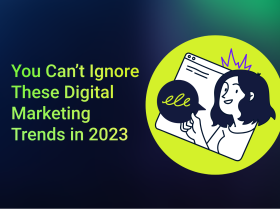
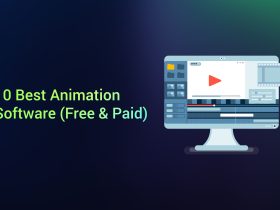
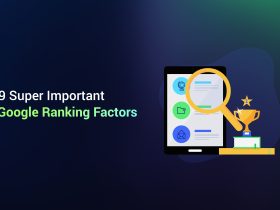
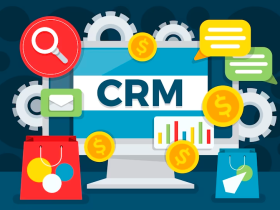

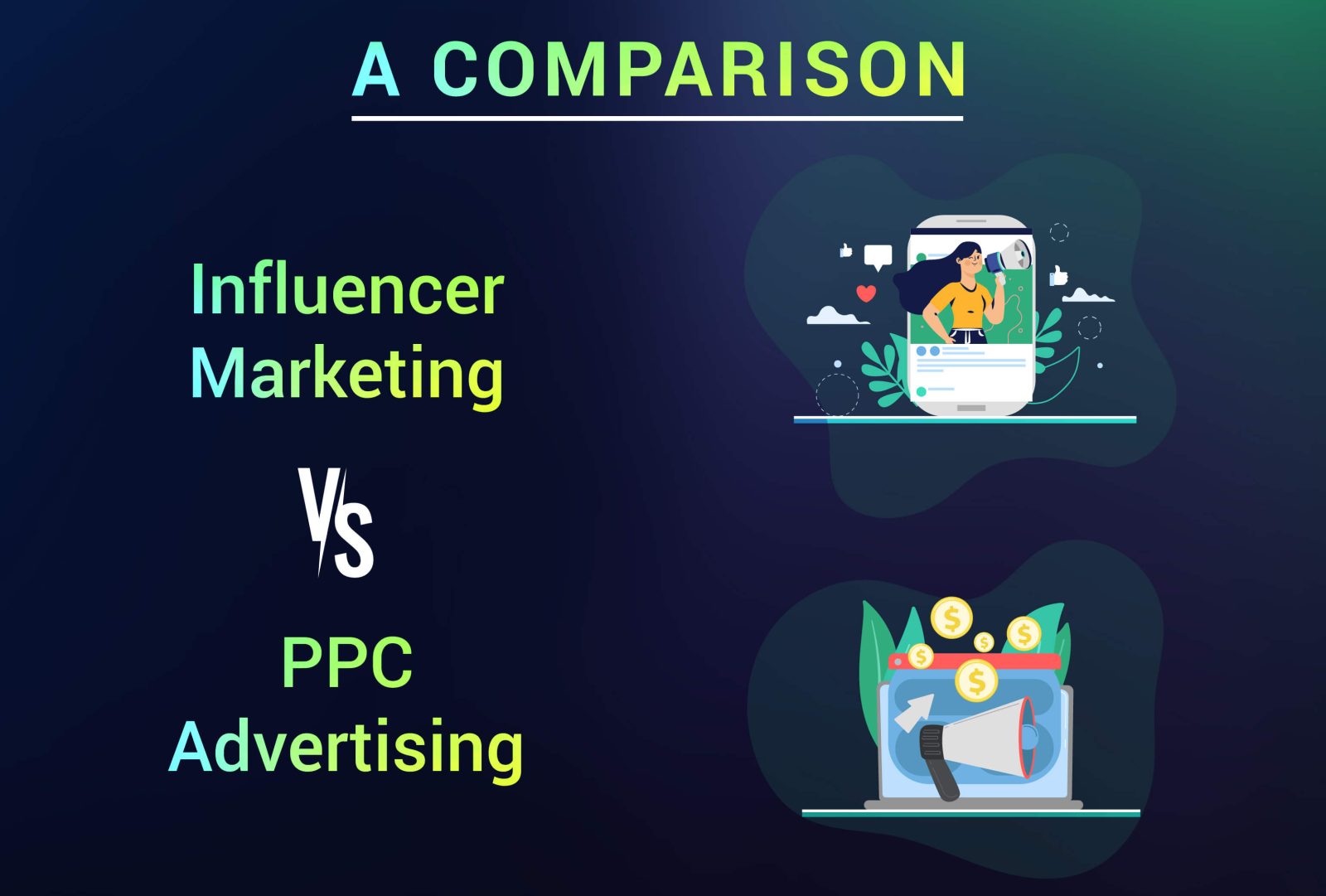
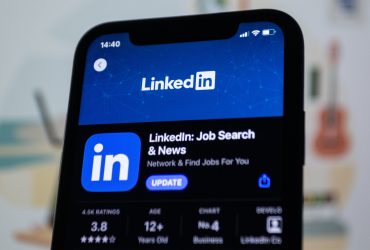


Leave a Reply